The impact of Elon Musk on AI
Table of Contents
Elon Musk, the tech visionary and self-proclaimed “techno king,” casts a protracted shadow over the worlds of the era, organization, and innovation. But amidst his ventures in vicinity exploration, sustainable strength, and tunnel dullness, few areas seize his creativity and pressure quite like artificial intelligence (AI). His involvement with AI, in particular through his electric-powered car and easy-energy corporation Tesla, is profoundly shaping the destiny of both industries.

Tesla: A Playground for AI Innovation
Tesla is not honestly an electric vehicle business corporation; it’s a rolling AI test. From its Autopilot and Full Self-Driving (FSD) structures to its advanced battery control and production techniques, AI is woven into the very fabric of its operations.
- Autopilot and FSD: The crown jewels of Tesla’s AI are its reasons for the pressure-help era. Autopilot handles simple responsibilities like lane retention and adaptive cruise manipulation, even as FSD objectives for complete autonomy. These systems depend upon a complicated network of cameras, radar, and LiDAR sensors that feed statistics into a neural network, allowing the auto to understand its environment and make riding choices. While FSD still needs to complete degree 5 autonomy, it’s constantly studying and improving due to the large amount of data it collects from Tesla’s fleet of lots and hundreds of cars.
- Battery Management and Manufacturing: AI furthermore plays an essential function in optimizing Tesla’s batteries, extending their variety and lifespan. By reading giant quantities of records on battery utilization and overall performance, AI algorithms can watch for potential problems and recommend preventative maintenance. AI robots deal with complex responsibilities with precision and tempo in production, improving efficiency and excellent management.
Beyond Tesla: Musk’s Broader AI Ambitions
While Tesla is the primary canvas for Musk’s AI aspirations, his imaginative and prescient approach extends far beyond electric-powered automobiles. He has expressed concerns about the capability risks of unaligned AI. He advocates for developing secure and beneficial AI for the betterment of humanity. Some of his distinct AI ventures encompass:
- Neuralink: This neurotechnology enterprise targets creating a mind-laptop interface that might revolutionize healthcare and human-device interplay.
- OpenAI: Founded by Musk and terrific tech luminaries, OpenAI is a non-profit research corporation devoted to developing solid and beneficial AI.
- xAI: Musk’s extraordinarily current AI undertaking, xAI, focuses on developing explainable AI structures that are obvious and understandable to humans.

The Road Ahead: Challenges and Opportunities
There are opportunities and challenges along the path of an AI-powered destiny. Some of the essential issues that want to be managed encompass:
- Safety and Ethics: Ensuring AI’s protection and moral development is paramount. Robust safeguards and policies are needed to prevent misuse and unintended results.
- Job displacement: As AI automates extra obligations, venture displacement becomes a state of affairs. Retraining and upskilling packages may be crucial to ensuring a smooth transition for personnel.
- Bias and discrimination: AI algorithms can perpetuate modern biases and small-mindedness if they are not carefully designed and knowledgeable. Mitigating bias and promoting fairness in AI is vital.
Despite the disturbing situations, the capabilities and advantages of AI are massive. From revolutionizing healthcare and transportation to tackling climate change and exploring the universe, AI has the power to reshape our world for the better.

Conclusion: A Symbiotic Relationship
The relationship between Elon Musk, Tesla, and AI is one of mutual benefit. Tesla presents a global platform for trying and refining AI technology. At the same time, AI advancements fuel Tesla’s revolutionary products and techniques. This symbiotic relationship accelerates the improvement of each AI and electric-powered automobile, paving the way for a future where clean strength and intelligent machines go hand-in-hand.
Whether you’re a tech fanatic, a Tesla owner, or genuinely curious about the future, dismissing the impact of Elon Musk, Tesla, and AI on the arena is not viable. As those forces continue to converge, one issue is positive: the future can be powered with intelligence, and the adventure promises to be both thrilling and transformative.
FAQs:
How is Tesla using AI in its cars?
Tesla’s vehicles are full of AI, most notably in its driving stress-assist systems like Autopilot and Full Self-Driving (FSD). These structures depend upon a network of cameras, radar, and LiDAR sensors that feed data into a complicated neural network. This “mind” lets the auto recognize its surroundings, use picks, or even study and decorate through the years.
Here are a few unique ways Tesla makes use of AI:
- Autopilot: Handles primary duties like lane preservation, adaptive cruise management, and automated emergency braking.
- Full Self-Driving (FSD): Aims for complete autonomy, navigating city streets, parking, and managing visitor lighting. Nonetheless, FSD uses advanced algorithms to look forward to the behavior of various vehicles and their surroundings while under improvement.
- Battery Management: AI optimizes battery fashionable overall performance and lifespan by studying statistics on utilization and degradation. This facilitates the expansion of Tesla automobiles and enhances everyday battery fitness.
- Manufacturing: AI robots assist in manufacturing duties with precision and velocity, improving universal performance and fantastic manipulation.
What are Elon Musk’s other AI ventures besides Tesla?
Musk’s passion for AI extends beyond Tesla. He’s worried about several specific excellent ventures:
- Neuralink develops mind-computer interfaces that could revolutionize healthcare and human-machine interplay. Imagine controlling devices with your mind or possibly restoring out-of-place skills in paralyzed people.
- OpenAI is a non-profit research employer devoted to developing secure and beneficial AI. OpenAI ensures AI improvements are used for extraordinary purposes and prevent capability harm.
- AI: This assignment specializes in developing explainable AI, which means systems that can be obvious and understandable to human beings. This is vital for constructing beliefs and stopping bias in AI algorithms.
What are the functional advantages and worrying conditions of AI in the future?
AI has the functionality to affect numerous aspects of our lives indeed.
- Healthcare: AI-powered diagnostics, customized remedies, and robotic surgical procedures should revolutionize healthcare and improve patient outcomes.
- Transportation: Autonomous cars must increase safety, lessen site visitor congestion, and provide mobility options for folks who cannot stand the pressure.
- Climate Change: AI can assist us in observing information, optimizing power performance, and making more significant renewable-strength properties to fight climate change.
However, traumatic conditions additionally include AI enhancements:
- Safety and Ethics: Ensuring AI systems are secure and used ethically is paramount. Robust tips and safeguards are needed to prevent misuse and unintended outcomes.
- Job Displacement: As AI automates greater responsibilities, pastime displacement becomes a situation. Retraining and upskilling applications can be vital to ensure an easy transition for employees.
- Bias and discrimination: AI algorithms can perpetuate present biases and small-mindedness if not carefully designed and skilled. Mitigating bias and promoting fairness in AI is essential.
Is Elon Musk right to be concerned about the dangers of unaligned AI?
Musk has publicly expressed concerns about the capabilities and dangers of unaligned AI, which means AI that is not aligned with human values and desires. He argues that if AI surpasses human intelligence without proper safeguards, it can pose an existential danger to humanity. While some bear in mind the ones that trouble alarmists, others agree that careful hobby and proactive measures are vital to make sure AI improvement proceeds efficiently and ethically.
How are we able to prepare for an AI-powered future?
To prepare for an AI-powered destiny, we want to:
- Invest in schooling and education. Equip people with the abilities and records needed to thrive in an AI-driven economic machine.
- Develop ethical recommendations and regulations: Establish easy suggestions and policies for AI development and deployment to ensure its advantages outweigh the dangers.
- Promote public information: Foster open talk and school about AI to dispel myths and not forget its capability.
By actively shaping the development and use of AI, we can make sure it will become a pressure for good that blesses all of humanity.

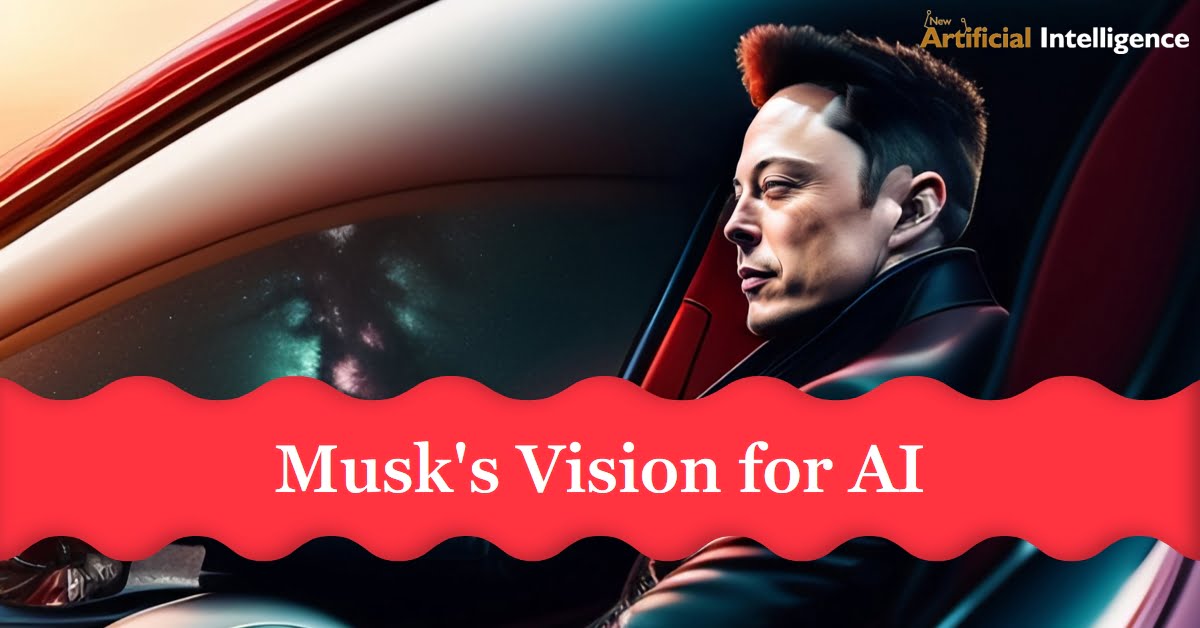
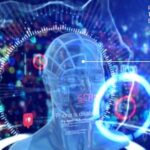


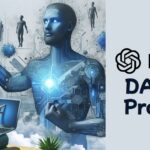
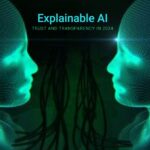


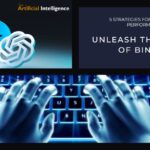


11 thoughts on “Elon Musk, Tesla, and AI: A Symbiotic Relationship Shaping the Future”